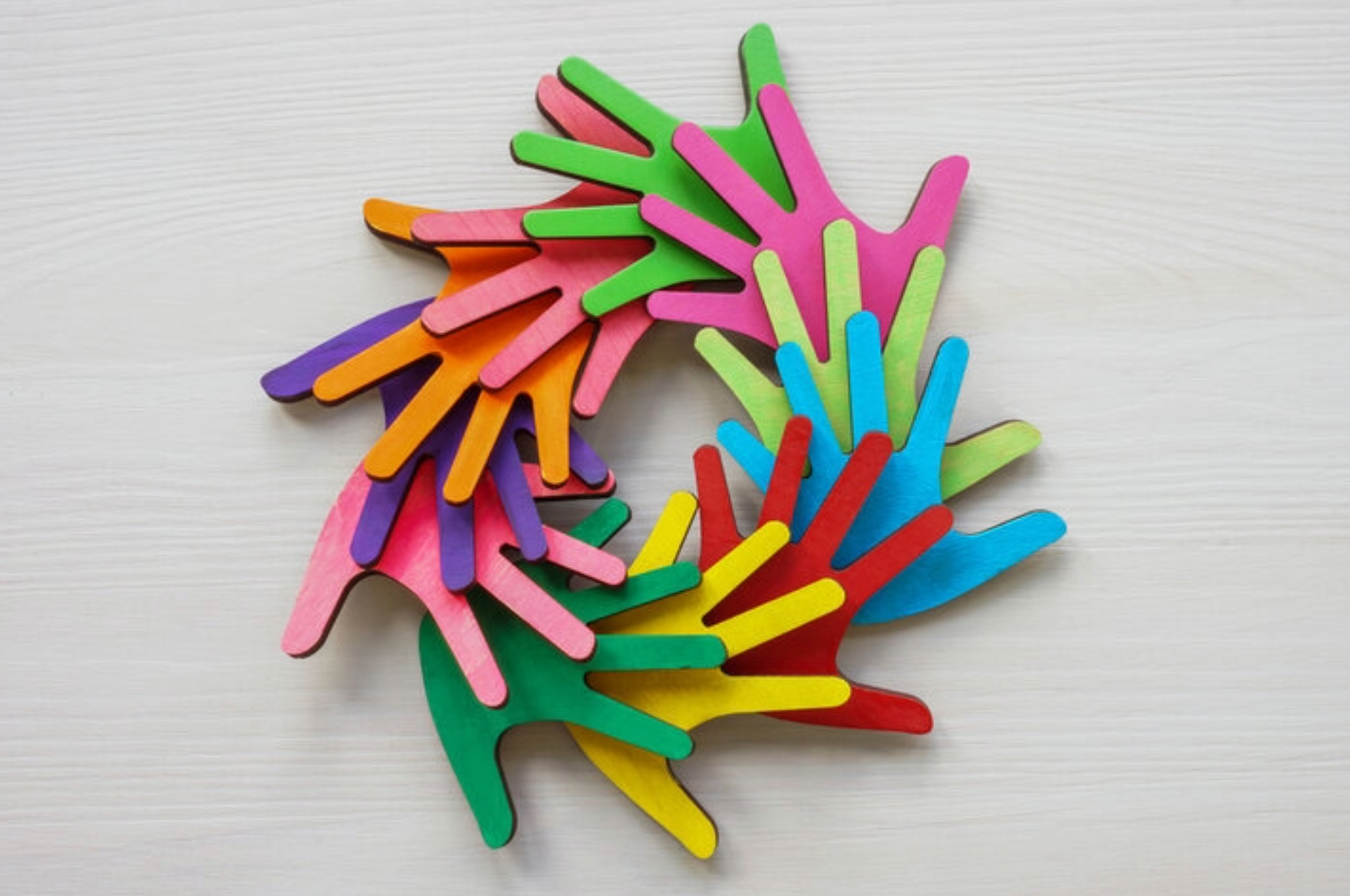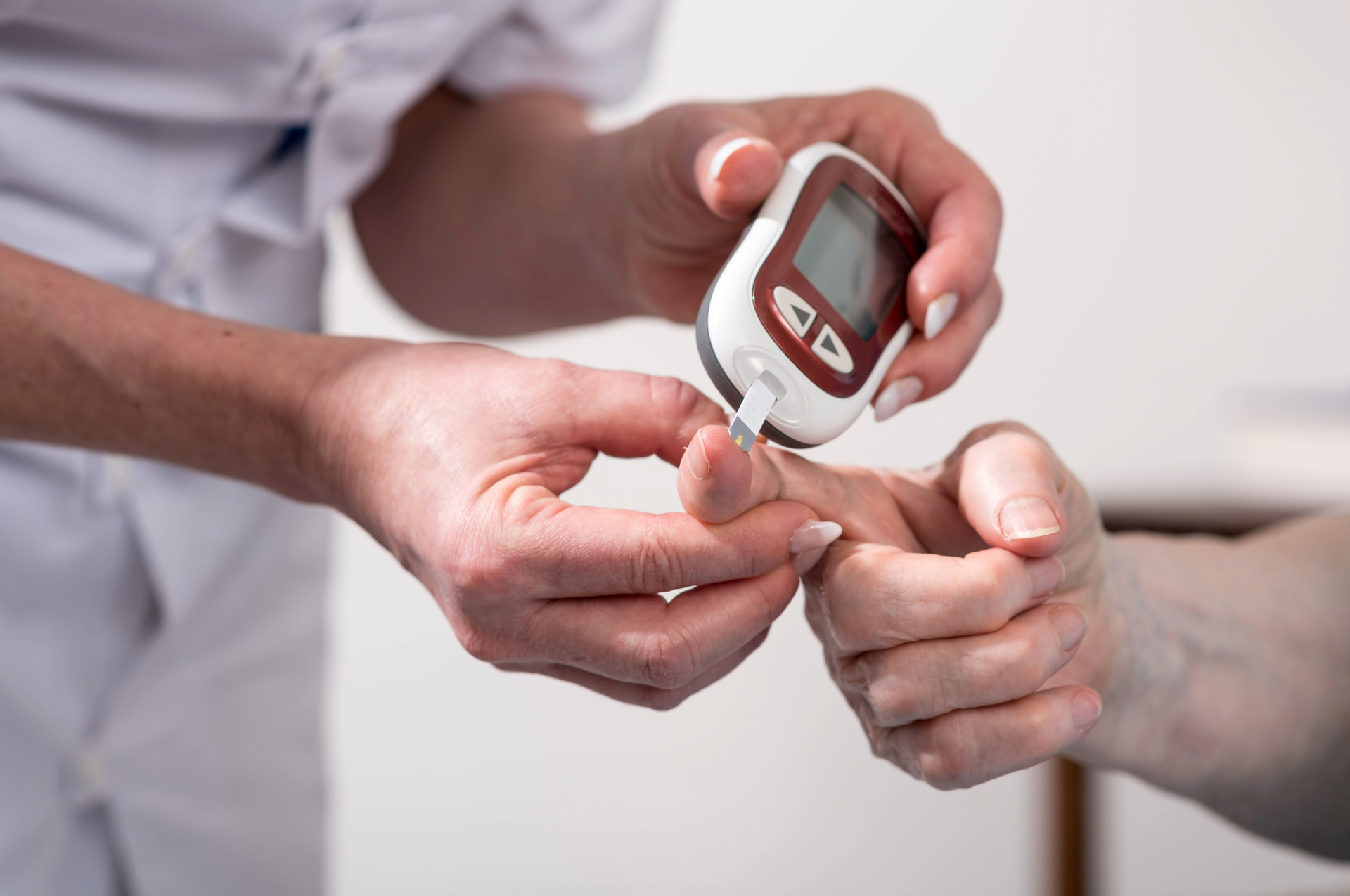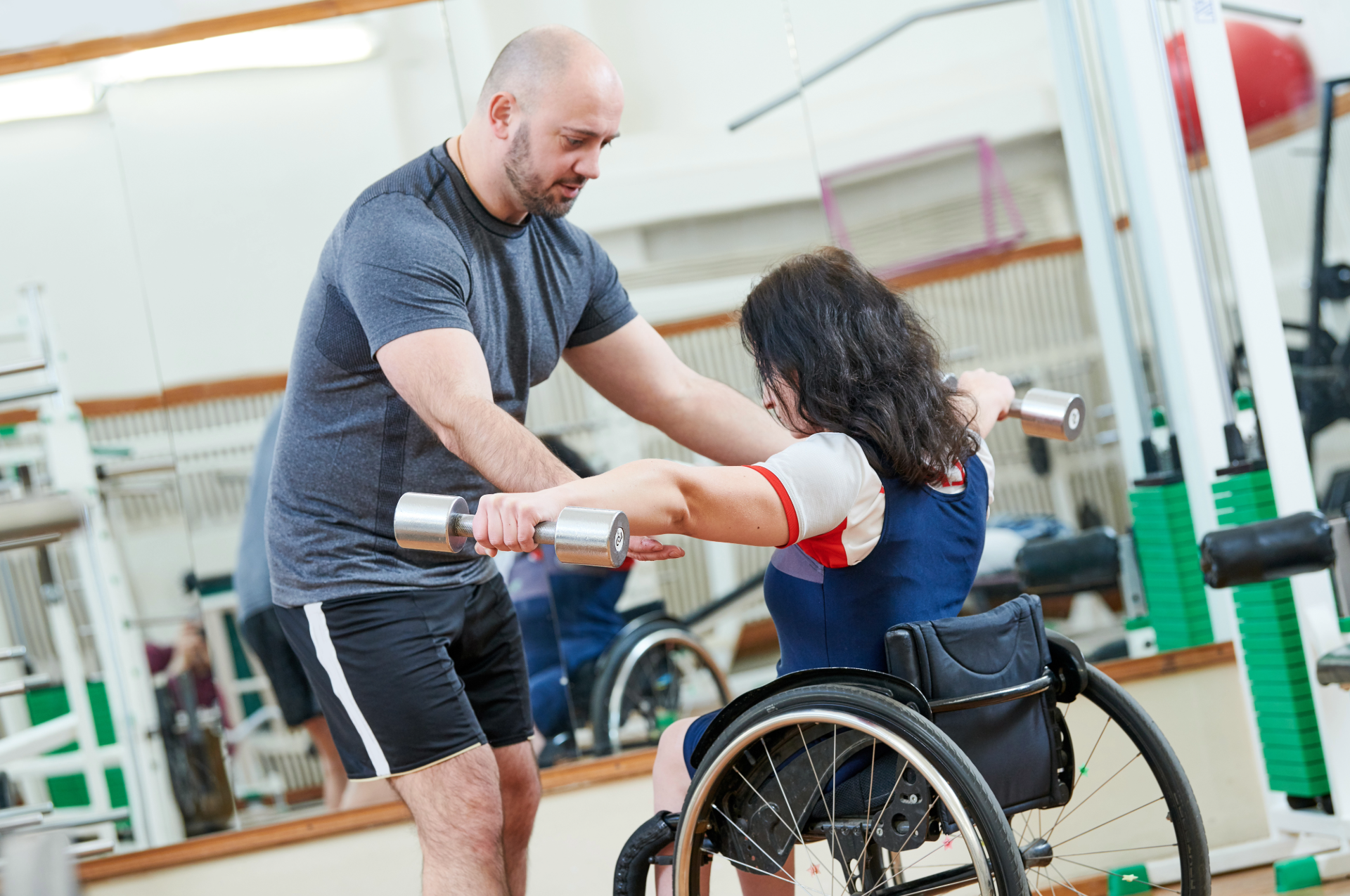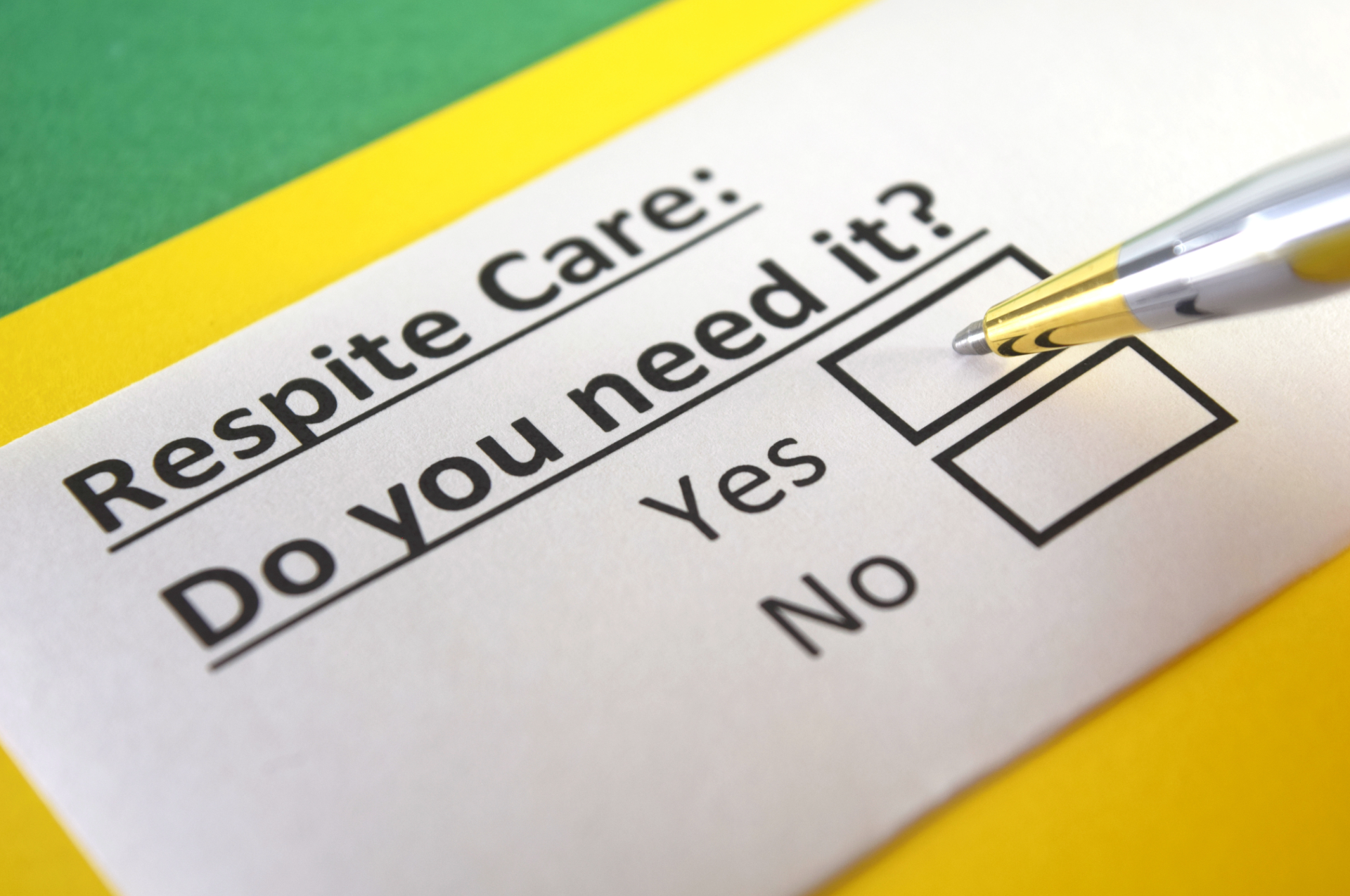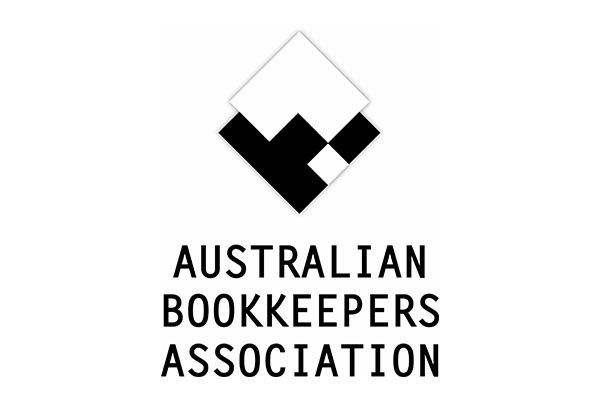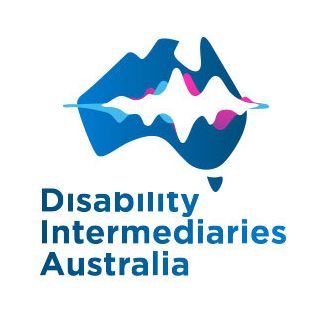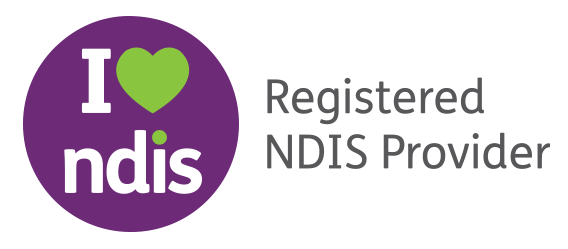Participant Enquiries
Understanding Traumatic Brain Injury and How the NDIS Can Help

A traumatic brain injury (TBI) can have a significant impact on a person’s life, affecting thinking, memory, physical abilities, behaviour, and independence.
Fortunately, the
National Disability Insurance Scheme (NDIS) supports people living with the long-term impacts of TBI, helping them rebuild skills, regain independence, and work towards their goals.
In this blog, we explore how TBI can affect daily life and how the NDIS can provide tailored support to help you rebuild skills and independence.
What Is Traumatic Brain Injury (TBI)?
Traumatic Brain Injury (TBI) refers to any injury to the brain caused by an external force, such as a blow, bump, or jolt to the head.
It can happen in many ways, including:
- Car accidents or road trauma
- Falls
- Sporting injuries
- Assaults
- Work-related incidents
TBI can range from mild to severe.
Some people experience short-term effects, while others live with lifelong changes that impact their ability to work, study, care for themselves, and participate in daily life.
How Is Traumatic Brain Injury Diagnosed?
TBI is typically diagnosed by medical professionals through a combination of methods:
- Medical Imaging: CT scans, MRIs, or X-rays can detect bleeding, bruising, swelling, or structural damage to the brain.
- Clinical Assessment: Doctors assess a patient’s physical, cognitive, and emotional responses following the injury. Tools like the Glasgow Coma Scale (GCS) may be used to measure severity.
- Observation of Symptoms: Even if imaging appears clear, persistent difficulties with memory, communication, balance, emotional regulation, or completing daily tasks may indicate brain injury.
In infants or young children, diagnosis may rely more heavily on:
- Developmental delays
- Challenges in meeting expected milestones
- Neurodevelopmental assessments from paediatric specialists
Sometimes, symptoms of brain injury only become apparent as a child grows and faces increasing developmental demands.
Can Traumatic Brain Injury Happen at Birth?
Yes — brain injuries can occur at or shortly after birth.
This can happen due to:
- Lack of oxygen during delivery (hypoxia or anoxia)
- Traumatic delivery incidents
- Infection or stroke in the newborn period
- Complications associated with prematurity
When brain injury occurs at or near birth, it may be described as a neonatal brain injury or birth-acquired brain injury.
Depending on the effects, it might later be diagnosed as cerebral palsy, developmental delay, or another neurodevelopmental condition.
The NDIS recognises brain injuries that occur at birth if they cause permanent and significant disability impacting everyday life. Children under seven can access early intervention supports through the NDIS Early Childhood Approach.
How Does TBI Affect a Person’s Life?
The effects of traumatic brain injury vary depending on the area of the brain affected and the severity of the injury. Common impacts include:
- Cognitive Difficulties: Memory loss, slower thinking, difficulty concentrating, or challenges learning new information.
- Physical Changes: Weakness, fatigue, balance problems, or coordination issues.
- Emotional and Behavioural Impacts: Mood swings, depression, anxiety, irritability, or behavioural changes.
- Communication Challenges: Difficulty understanding language, expressing thoughts, or interpreting social cues.
- Changes in Independence: Difficulties managing self-care, living independently, or maintaining employment or education.
Every person’s experience with TBI is different, and their support needs may change over time.
Does the NDIS Support People with Traumatic Brain Injury?
Yes — the NDIS provides support for people living with permanent and significant disability caused by a traumatic brain injury.
To be eligible for NDIS funding with TBI, you must:
- Have a
permanent condition (meaning it is not temporary or expected to fully resolve)
- Show that the injury
substantially impacts your ability to complete everyday activities
- Require
ongoing support to achieve your goals and maintain or improve independence
If you are still undergoing active rehabilitation following a recent brain injury, NDIS access may be assessed differently, with some short-term supports first provided through the health system.
Examples of Supports Funded by the NDIS
The NDIS can fund a wide range of supports tailored to your individual needs, including:
Daily Living Assistance
- Support workers to assist with personal care, cooking, cleaning, and managing routines
- Help with building independence in daily tasks
Therapeutic Supports
- Occupational therapy to develop skills for everyday living
- Speech therapy for communication support
- Psychology services for mental health and behaviour support
- Physiotherapy to assist with mobility, balance, and physical strength
Assistive Technology
- Equipment such as mobility aids, communication devices, or adaptive technology
Home and Vehicle Modifications
- Adjustments to homes or vehicles to improve safety and accessibility
Community Participation
- Support to engage in hobbies, social groups, sport, volunteering, or education
Capacity Building Supports
- Programs to build confidence, social skills, organisation, and independence
Every participant’s plan is different, designed to align with their individual goals and needs.
When Should You Apply for the NDIS?
You should consider applying if you:
- Have a
permanent brain injury (whether from birth or acquired later)
- Find that your brain injury
limits your ability to live independently, communicate, move, or participate fully in community life
- Need
ongoing support to pursue your goals
Applications can be made from the age of 7 to 65. Children under seven can access early intervention through the Early Childhood Approach before transitioning to the NDIS.
Final Thoughts
A traumatic brain injury — whether it occurs at birth, during childhood, or later in life — can bring significant challenges. However, with the right support, individuals with TBI can build new skills, achieve greater independence, and live fulfilling lives.
The NDIS is designed to fund reasonable and necessary supports to empower people with disabilities to reach their goals and participate more fully in their communities.
If you or a loved one is living with the impact of a brain injury, reaching out early for support can make a big difference.
Need Help Navigating the NDIS?
Empowrd assists individuals and families across the Eyre Peninsula and beyond in confidently navigating the NDIS. Whether starting your NDIS journey or seeking support to get the most from your plan, our experienced team is ready to help. Based in Port Lincoln, we provide Australia-wide disability plan management and local support coordination services. Call (08) 8683 4401 or visit our website to learn how we can help you take the next step.
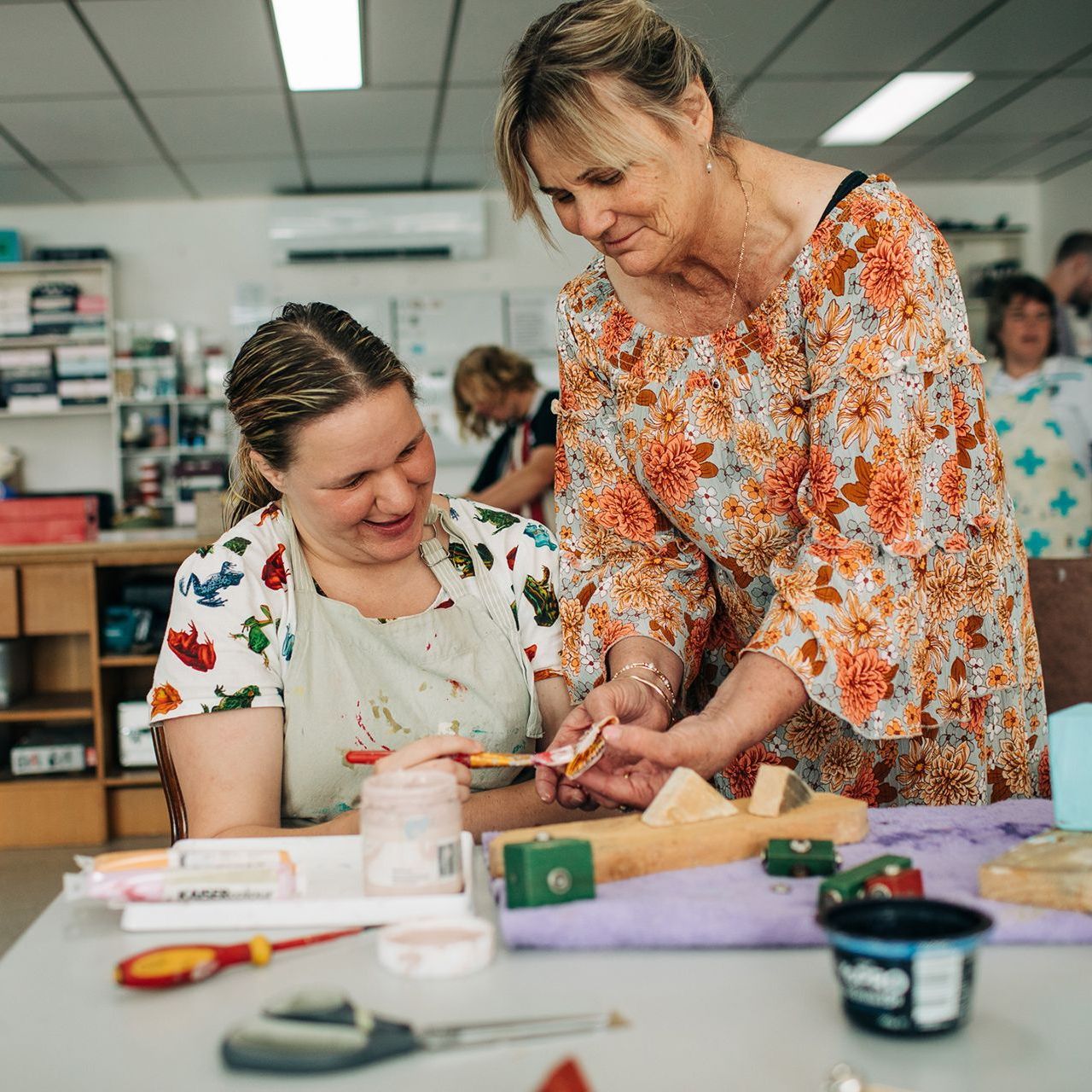
NDIS Plan Management and Support Coordination
At Empowrd, we are here to make your life easier. Based in Port Lincoln on the Eyre Peninsula, we offer a personal, accessible and holistic approach to NDIS Plan Management and Support Coordination.
We provide Plan Management services across Australia, assisting with financial administration, and offer Support Coordination to participants in Port Lincoln and Eyre Peninsula, connecting them with the right supports and providers. Our goal is to ensure your NDIS plan works for you, so you can focus on achieving your goals and doing what you love.
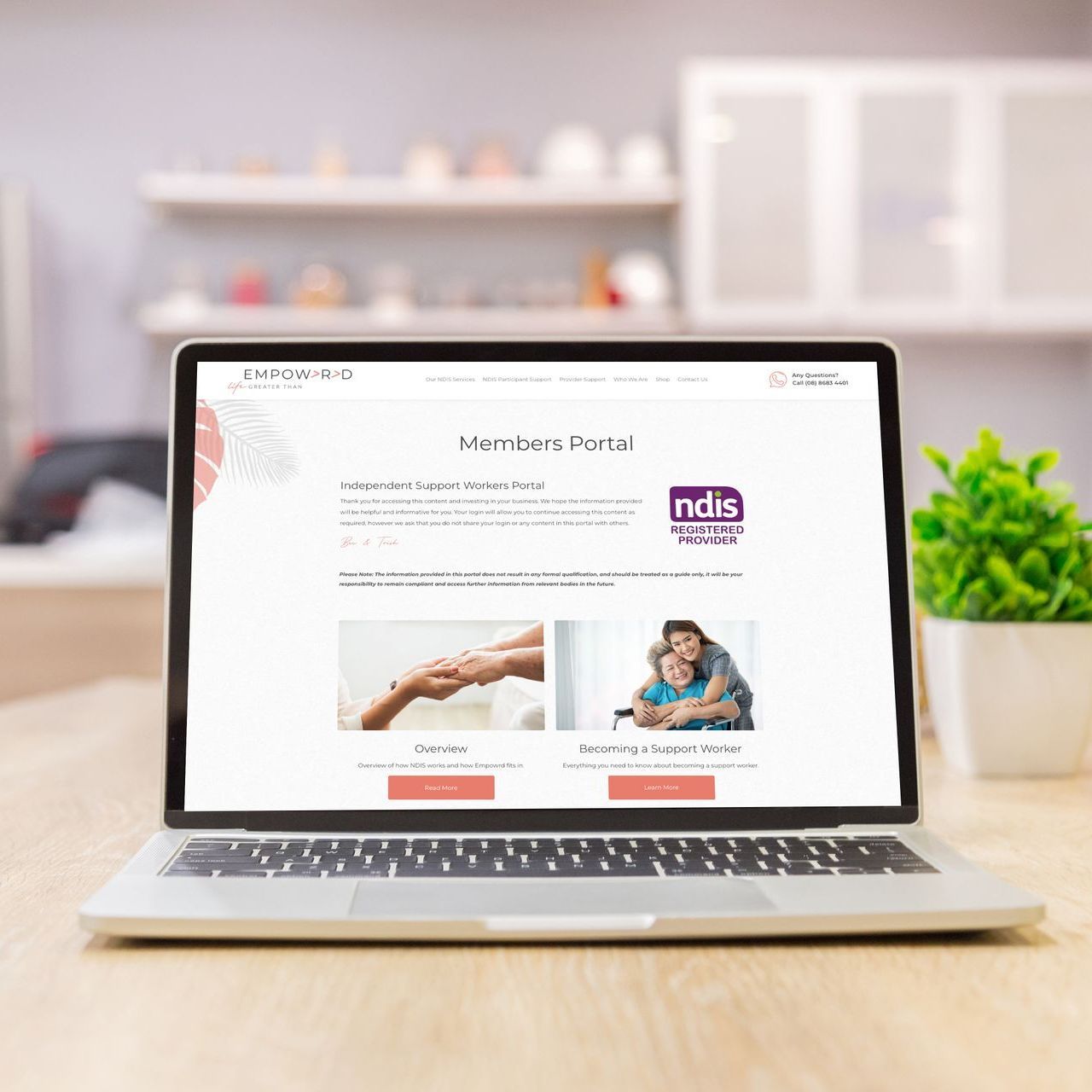
Want to Become a Support Worker?
Our Independent Support Workers Education Portal provides everything you need to navigate the NDIS, find work, and confidently offer services as an Independent Support Worker. For just $65, you will gain access to comprehensive guides, essential resources, and ready-to-use templates to streamline your work.
Inside, you will find:
- A clear breakdown of how the NDIS works
- Tips for finding jobs and delivering services
- Step-by-step guidance on invoicing and support planning
- Ready-to-edit templates for quotes, service agreements, invoices, and case notes
Need just the templates? You can also purchase them separately as standalone resources.
I hope you enjoy reading this blog post.
If you are ready to be Empowrd to live your life to the fullest, let us steer you on the right path.
Be EMPOWRD to Live Your Best Life
If you’re ready to be empowered to live life on your terms, we’re here to help guide the way. At Empowrd, we offer a personal, accessible, and holistic approach to NDIS Plan Management and Support Coordination. We’ll ensure your plan works for you, allowing you to focus on your goals and the things you love most.



